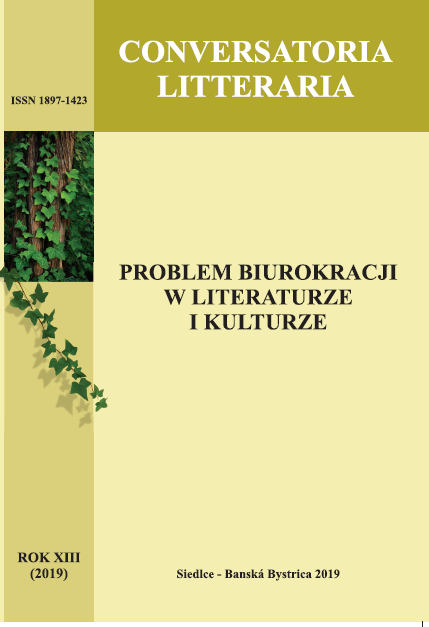BIUROKRATYZACJA JAKO FORMA KOLONIZACJI? NA MARGINESIE KSIĄŻKI MALTE ROLFA RZĄDY IMPERIALNE W KRAJU NADWIŚLAŃSKIM. KRÓLESTWO POLSKIE I CESARSTWO ROSYJSKIE (1864–1915)
Słowa kluczowe:
postcolonial studies, the Kingdom of Poland, the Russian Empire, bureaucracy, modernizationAbstrakt
The article deals with the specific location of the Kingdom of Poland/the Vistu-la Land in the structure of the Russian Empire. The conceptual basis for the consideration is postcolonial studies. In the post-colonial perspective, the aforementioned specificity is largely due to the fact that the attempt to unify the Polish province with the rest of the empire, which took place after sup-pressing the anti-Russian national uprising of Poles in 1863-1864, followed the accelerated modernization of the empire. Modernization, which encountered the strength of the Polish resistance and which had to face the phenomenon of Polish civilizational and cultural diversity, contributed greatly to the develop-ment of Russian nationalism. The most popular ideas about Russian colonia-lism focus on the issues related to Russian nationalism and the identity discourse shaping it. The author of the article encourages a broader view and suggests taking into account both the civilizational perspective (the empire as being subject to the influence of the modernization processes) and a more cultural one (the empire as a creation subjected to the influence of the peri-pheral Other). Eventually, the Polish-Russian confrontation will be the result of various processes and phenomena, and not only the consequence of a stere-otypically depicted Russian possessiveness.




